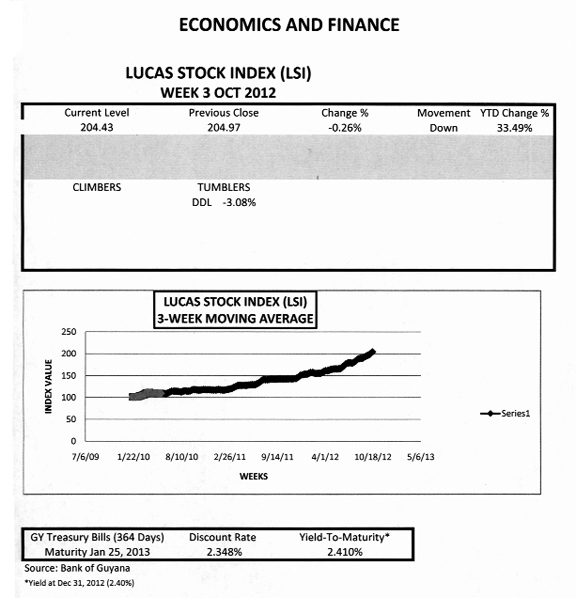Directly Involved
The value-added tax or VAT as it is more frequently called was introduced in Guyana in the year 2007 to replace the Consumption and other taxes which, ironically, were not consciously paid by the consumers. This tax burden or at least part of it was eventually shifted to the customers through the prices that distributors and importers charged. Despite reaching the consumer through the market mechanism, the obligation for paying the Consumption Tax was never obvious to the customer. On the other hand, with VAT, the consumer is directly involved in the transaction and the buck stops with the customer. Theoretically, there is no incentive for participants in the system to cheat since registration of the businesses brings them in the sight of the tax authorities who ostensibly can make checks to determine if they were cheating on VAT collections and submissions.
Discussing VAT is a very touchy and provincial subject for the tax authorities in Guyana, irrespective of whether the issue is about enforcing the law or justification for having the law.
There is often the belief that the motive is to malign its work. But, discussing VAT or any other tax for that matter in its administrative or operational context ought not to produce the often confrontational responses that emanate from the Guyana Revenue Authority (GRA). These matters are of as much interest to


